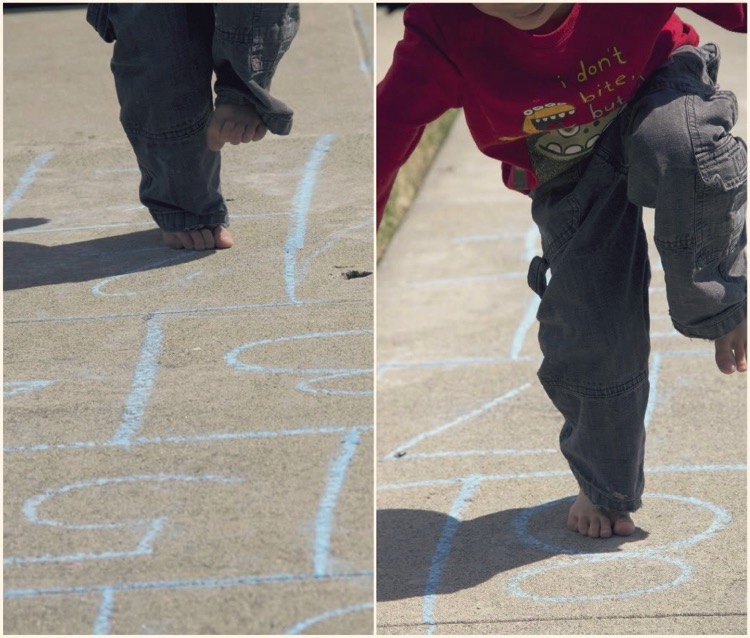
Her wisdom, my thoughts
The Desire of Knowledge (Curiosity) was the chief instrument of education; that this desire might be paralysed or made powerless like an unused limb by encouraging other desires to intervene between a child and the knowledge proper for him; the desire for place, – emulation; for prizes, – avarice; for power, – ambition; for praise, – vanity, might each be a stumbling block to him.
It seemed to me that we teachers had unconsciously elaborated a system which should secure the discipline of the schools and the eagerness of the scholars, – by means of marks, prizes, and the like, – and yet eliminate the knowledge-hunger, itself the quite sufficient incentive to education.
Charlotte Mason, Volume 6
We were all at one point, during our childhood, wide eyed about everything we saw. At that early stage, the world was our classroom. Everything was interesting. But for most, the glint in the eyes turned dim and lost its desire to learn. Learning and Knowing became tedious. It became a chore.

The fact that Curiosity is quite natural for children is something I ought to use. It is a very fragile stage that can quickly pass and subside if not guided properly. I should learn to carefully guide this natural curiosity and not kill it by replacing unnecessary things in place of knowledge itself. I believe that this Curiosity is one that will differentiate mere mechanical thinking from one that is organic. One of the goals I’m aiming and need to pray for is for my children to grow and continue to have that desire to learn. To actually love learning and view it more than mere accumulation of facts.
I read and hear so much about pressuring kids into the academic world. One of the latest I’ve heard was training four year old kids in a preschool program to write in complete sentences to get into the “best” kindergarten schools. The pressure for preschoolers to compete with silly (I could not think of another word) academic goals is sad. Kids just can’t be kids nowadays.
At this early stage of our learning at home, I find it profoundly simpler and fulfilling to let my son explore through his senses more than follow an elaborate lesson plan. I find it easier and more beneficial for him to see and learn from an atmosphere rich in ideas. I also find it more natural not to push his limits and simply respect his childhood. There is a time for everything. Being a 4 year old passes too quickly.
===============
I wrote this back in 2011. My eldest was around 5 and my daughter was almost 2.
The eldest is now 9. He is currently reading Swallows and Amazons and Water Babies in his free time. He also enjoys math puzzles and is into geometrical patterns because of Leonardo Da Vinci. He loves playing the piano and enjoys football. The little girl in the picture above is now 6 years old. She begs to do math first thing in the morning; always ready to figure out number relations, and does it happily. She is eager to know more about Constantine, Emperor Caligula, and how Aguinaldo actually became the first President of the Philippines. She also loves poetry and makes up her own based on Robert Louis Stevenson’s words.
Curiosity.
Love for Learning.
Credit goes to the early years of quiet, always surrounded by living ideas and activities. Nothing mechanical. Nothing contrived.
There were a few hurdles. Not everyone understood our decision to follow this lifestyle of learning. But I educated and prayed my way through it. Thankful that He led, affirmed, and sustained us through the years.

So encouraging and such a great reminder! 🙂 Amy
This comment has been removed by a blog administrator.